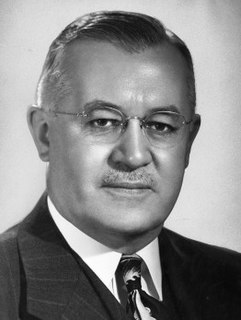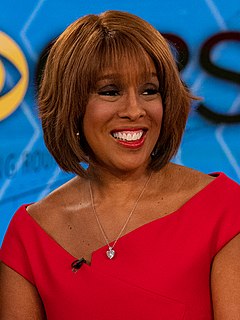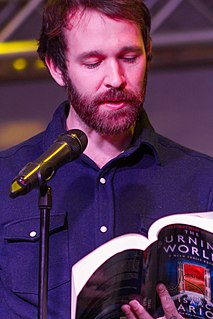A Quote by Woody Allen
In formulating any philosophy the first consideration must always be: What can we know? That is, what can we be sure we know, or sure that we know we knew it, if indeed it is at all knowable. Or have we simply forgotten it and are too embarrassed to say anything? Descartes hinted at the problem when he wrote, 'My mind can never know my body, although it has become quite friendly with my legs.
Related Quotes
Philosophy and science have not always been friendly toward the idea of God, the reason being they are dedicated to the task of accounting for things and are impatient with anything that refuses to give an account of itself. The philosopher and the scientist will admit that there is much that they do not know; but that is quite another thing from admitting there is something which they can never know, which indeed they have no technique for discovering.
I don't know what to say to people. It's become so big. It's become part of the cultural environment. For the first and second Twiglight, I knew exactly what to say to people. If you don't know what the story is by now, then you've probably never been to the cinema before. How about, "Why not go to the cinema for once?" I don't know.
My father was overbearing. Very controlling. He was always the way he is, even before my success. He was not always a good person. He'd play mind games to make sure I knew my place. I don't see him, which is unfortunate. But I don't have any desire to see him. I vaguely know where he is, and I don't want to know.
It frustrates and fascinates me that we'll never know for sure, that despite the best efforts of historians and scientists and poets, there are some things we'll just never know. What the first song sounded like. How it felt to see the first photograph. Who kissed the first kiss, and if it was any good.
All you need in this life is ignorance and confidence; then success is sure. You can "already know for sure" things that could actually impede progress. Always be on the lookout for the things you did not know, that you did not know. Secondly, work on strengthening personal belief that a particular will be achieved regardless of any adversity that may show up, or evidence to the contrary.
In a very real sense my science does inform my knowledge of God. If you would allow me to say that we never know God, because if I claim that I know God, I know something other than God, because God is not knowable, he is unknowable. So we have to approach it in that sense first, that my knowledge of God is always limited.






































